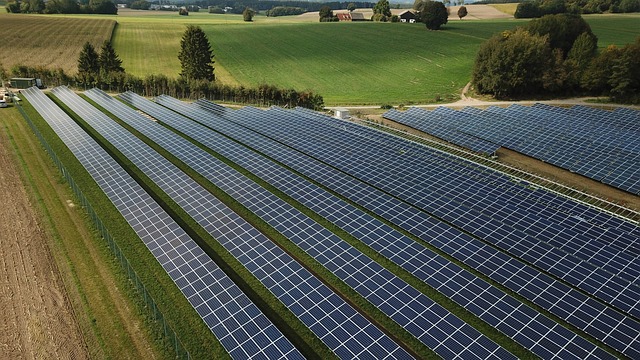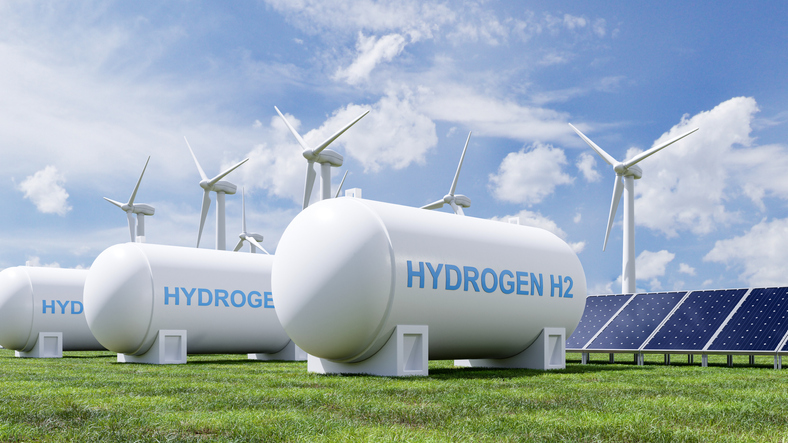
The Adani Group, run by Indian businessman Gautam Adani, has presented plans for the world's largest renewable energy complex, to be located in the enormous expanse of northwestern India's Rann desert.

At the COP28 climate summit in Dubai, governments from 118 countries pledged to triple the world's renewable energy capacity by 2030 to lessen the world energy production's dependency on fossil fuels.

COP28 President Ahmad Al Jaber promotes blue ammonia as a climate solution, but experts, including Cornell University Professor Robert Howarth, question its environmental credentials.

Adani Power Ltd., India's largest private-sector power generator, is launching an innovative initiative to cut carbon emissions at its Mundra plant.

Andhra Pradesh Chief Minister YS Jagan Mohan Reddy pushed the state's renewable energy agenda forward by launching 12 new APTRANSCO substations and laying the groundwork for 16 more around the state.

According to the 14th National Electricity Plan (NEP), India intends to considerably enhance its renewable energy capacity, with the objective of more than tripling it by 2030.

Solar power has become a major force in India's renewable energy sector, accounting for 46.34% of total renewable energy generated by September 2023.

Brazil has officially joined an international accord aiming at tripling the usage of renewable energy worldwide by 2030 and lowering reliance on coal, the country's Foreign Ministry stated on Friday.

Rajasthan's quick transformation into a major renewable energy powerhouse under Chief Minister Ashok Gehlot's leadership has inspired both excitement and resentment.

In today's dynamic world, the boom in clean energy investment has generated a wealth of opportunities for astute investors. Taking advantage of current trends such as recovering supply chains and the Inflation Reduction Act (IRA) necessitates a planned strategy.